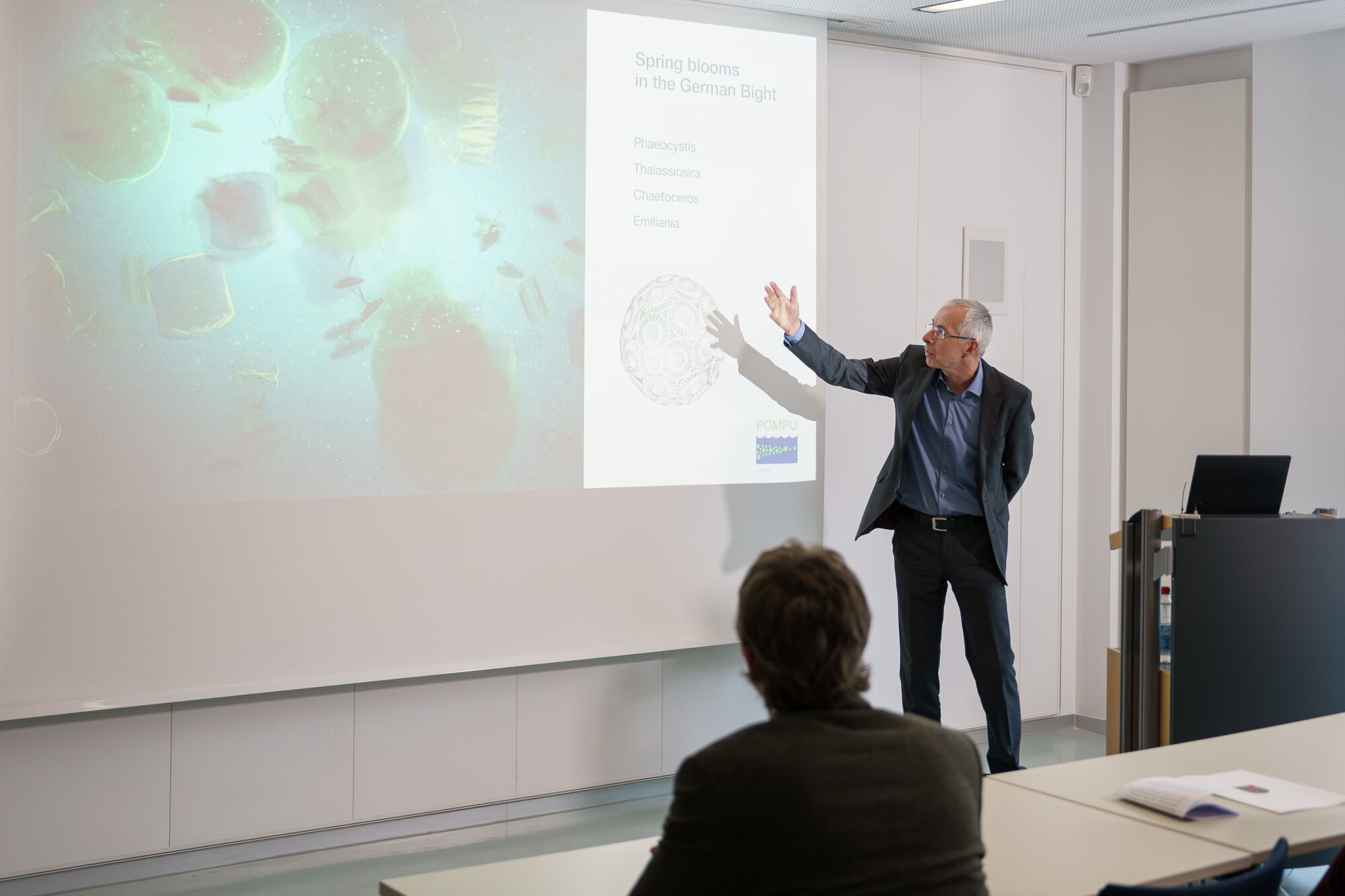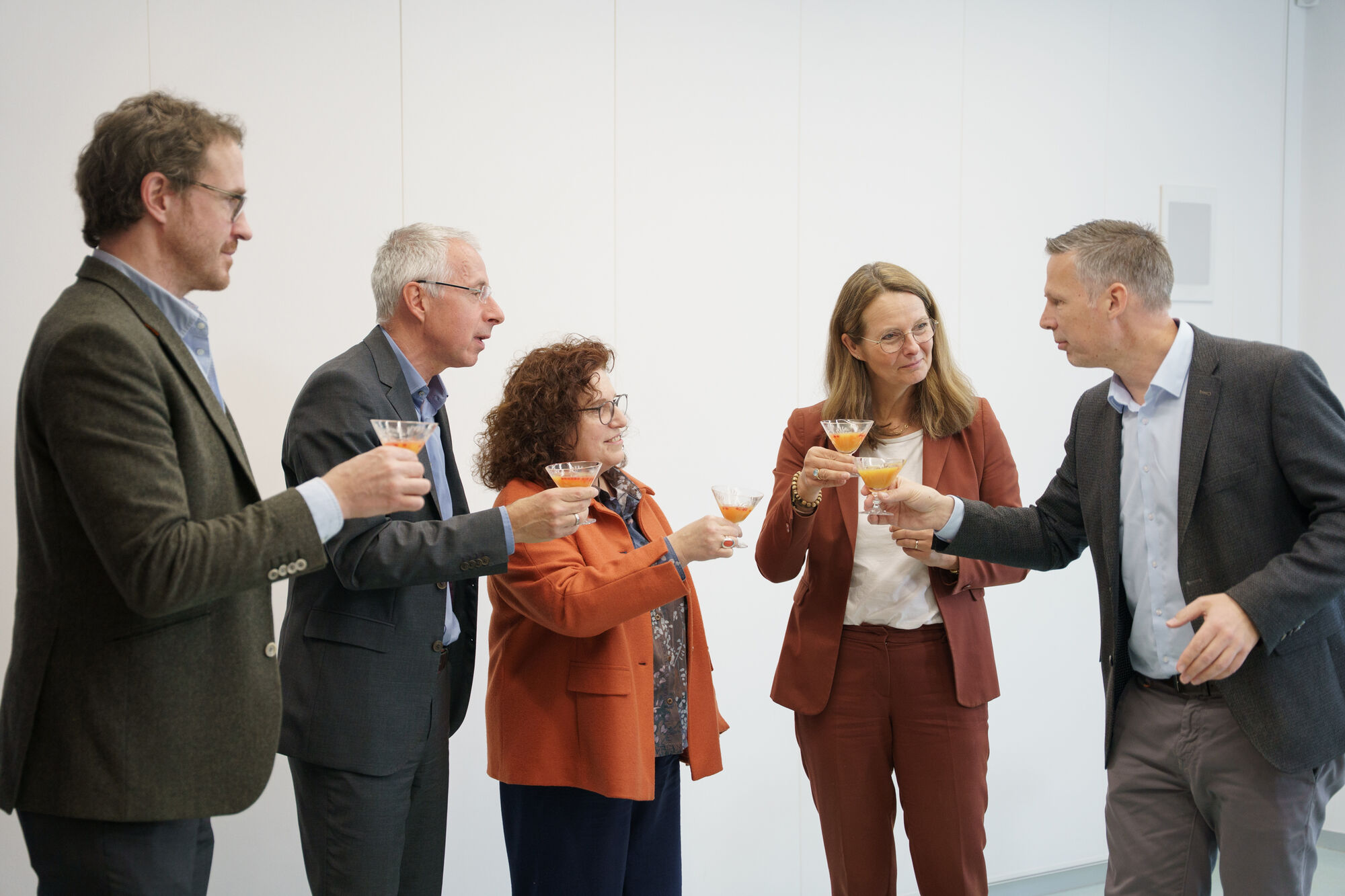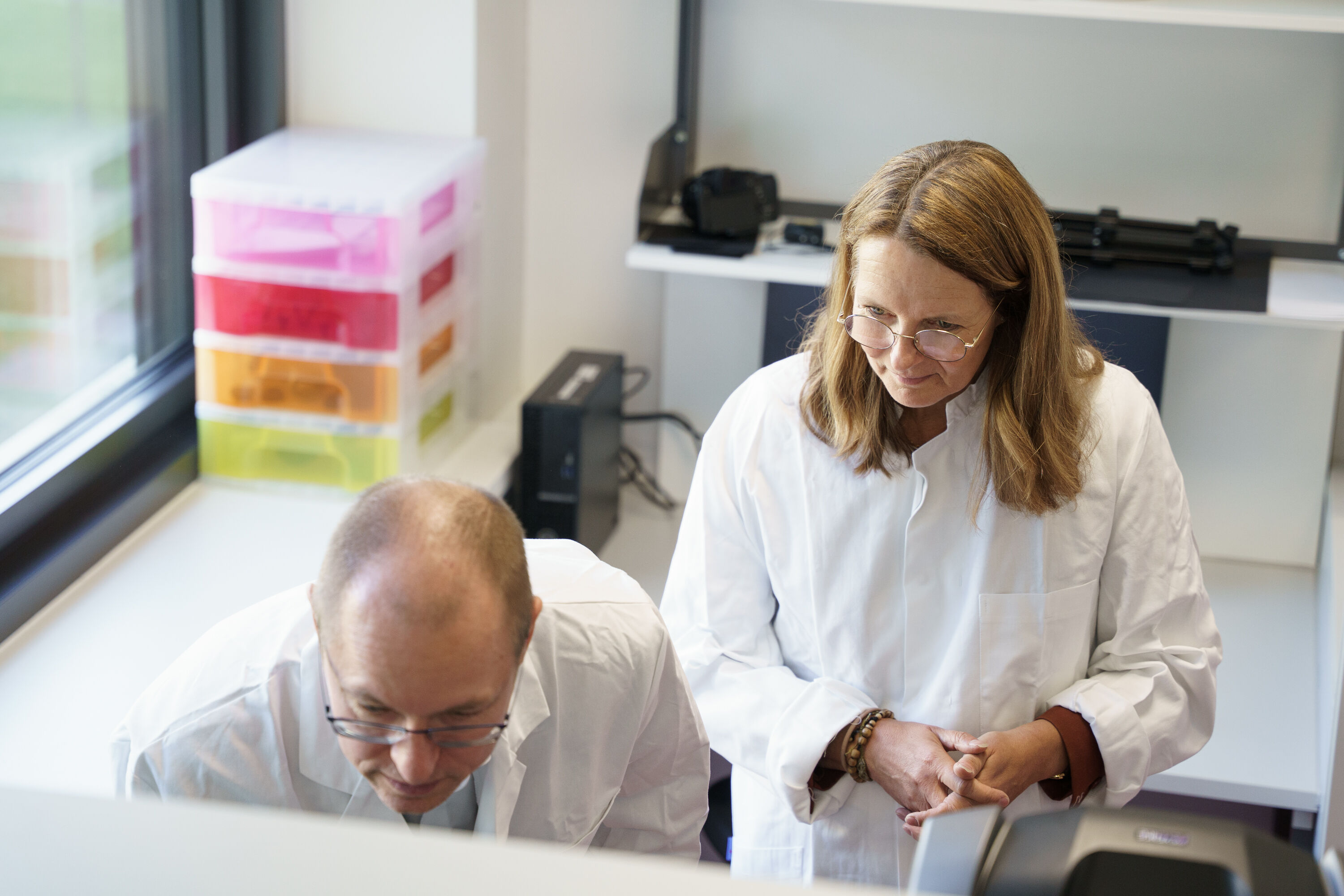Collaborative Research Centres (CRC/TRR) are regarded as the preliminary stage of Clusters of Excellence and are the second most prestigious scientific project grant in Germany after the Clusters of Excellence. The University of Greifswald has now acquired two such CRC/TRRs within a short space of time (the first concentrating on peatland research - WETSCAPES 2.0, together with the University of Rostock, and now CONCENTRATE). Both Collaborative Research Centres complement each other and benefit from synergy effects. This shows that the University of Greifswald's Research Strategy, with the support of the federal state, is beginning to bear fruit.
Minister of Science Bettina Martin said: “Excellent research collaborations have been created here. This shows that focusing on our strengths leads to success. The Collaborative Research Centres are a stepping stone to nationwide excellence. Such a strong research alliance between the University of Greifswald and several research partners from Mecklenburg-Vorpommern and beyond is a further milestone. It also shows that our research policy approach of focusing on collaboration is effective. CONCENTRATE is characterised by the joint efforts of strong research partners. This will enable the University of Greifswald to unite the required research strength.”
“This alliance is a milestone for the University of Greifswald, for science in Mecklenburg-Vorpommern and for international marine research,” exalted Prof. Dr. Katharina Riedel, Rector of the University of Greifswald. “CONCENTRATE tackles fundamental questions: how do marine sugars contribute to carbon storage in the oceans? This is basic research at the highest level - and at the same time a topic that is of the greatest social relevance for our climate and our future.”
In "CONCENTRATE", the Universities of Greifswald and Bremen will jointly investigate how oceans store CO2 and which role microorganisms in particular play in this process. Other partners in the research alliance are University Medicine Greifswald, the Leibniz Institute for Baltic Sea Research Warnemünde, TU Berlin, the Max Planck Institute of Colloids and Interfaces Potsdam, and the Max Planck Institute for Marine Microbiology Bremen.
Prof. Dr. Thomas Schweder, spokesperson for the CRC/Transregio at the University of Greifswald: “The CONCENTRATE alliance is performing research on sugar molecules from algae and their role in the marine carbon cycle. This enables us to improve our understanding of the function of the oceans as a climate buffer or carbon sink. The basic research in this project also has interesting application potential. It will enable us to use the special properties of algae sugars in biotechnological or pharmaceutical applications in the future.”
The German Research Foundation (DFG) is supporting the research project with 11 million euros for the years 2025 to 2029. The Ministry of Science is supplementing the DFG's funding by providing 250,000 euros from the European Regional Development Fund for laboratory equipment.
Further information:
This is a translation of a Press release from the Ministry of Science, Culture, Federal and European Affairs of Mecklenburg-Vorpommern.
Contact
Universität Greifswald
University Communications
Domstraße 11, Entrance 2, 17489 Greifswald
Tel: +49 3834 420 1150
pressestelleuni-greifswaldde



